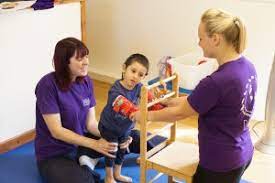Where it all started:
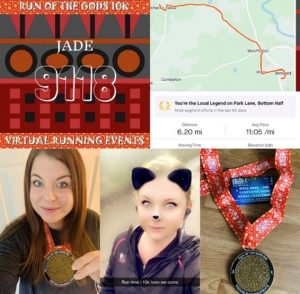 Last year I was watching a programme about being overweight and the impact COVID-19 can have on you if you are overweight. At this point I was not exercising and eating whatever I wanted when I wanted. My BMI was obese, so looking at the impact that COVID-19 could have on me and having to young children to look after I thought I needed to do something.
Last year I was watching a programme about being overweight and the impact COVID-19 can have on you if you are overweight. At this point I was not exercising and eating whatever I wanted when I wanted. My BMI was obese, so looking at the impact that COVID-19 could have on me and having to young children to look after I thought I needed to do something.
I started a keto diet August 2020; I started this thinking I am not sure this will work because I have dieted before not seen result so did not stick to it.
This time it was a little different as my husband started with me, so it became a little bit of a competition. I found this also helped because I had someone else doing the journey with me. I also had someone to answer to if I cheated.
I started seeing results which really built my motivation an kept me going. I noticed a difference in my energy levels. I have always suffered with migraines which have been severe in the past causing me to go into hospital. I started noticing this was improving to the point I was only getting the odd headaches.
I have always been on Strava and seeing lot of my friends, people I know going out running/cycling/ walking. One day I though hmmm I might go for a run.
My first run was October 20th
I ran for 1.89 miles and it took me 22 minutes, 12.02 minute mile. At this point I was 1st 10lb down. This is slow for running. I remember the run well, because I felt so out of breath, my legs hurt, and it make me feel sick. I thought to myself I have not even done 2 miles and I am so unfit. I did post it live to my strava for all to see, I was embarrassed but it was for myself to document how far I can go and how much can I improve if I stick at it. I wanted to make my own little journey because this time felt different, my motivation was high, my determination was high. Seeing the results kept me going.
Working from home really helped me because I didn’t have that commute to work so once I put the kids on the bus at 8.15am I had 45mins spare to have my own time and run. Making time and building running into my daily life routine massively helped.
I started running about 3-4 times a week each time running more miles and quicker. On strava it clocks your pace and your personal bests. It gives you little medals, I really liked this as it was something to earn each run. I was then running 5k each morning as I got my time down to around 32 minutes.
There are also segments on certain running routes so you can race other people and join in monthly challenges to earn in your own trophy case. This became a little bit of a competition for me.
I then really wanted to push myself and started running 10K every Sunday. Sunday became the 10k day. New Year I set myself a goal to run in a virtual 10k running competition, this helped me stay focused on what I wanted, something to aim for.
One day I really want to run a half marathon, I have started to push on how far I can go. I have completed 10 miles and then 11.5miles. So close but it was extremally hard.
Some days I wanted to give up, some runs my legs just did not want to carry me. I have had battles with myself in my head because my head wants to do it, but my body is finding it hard. I’ve wanted to see results fast in running speed but not seeing it sometimes made me feel like stopping and saying maybe this isn’t for me but the enjoyment of having my own space away from the house has always outweighed me giving up.
I feel like I have come so far, I never want to start that first run again and feel so unfit. The health benefits with my migraines still at bay and feeling more energised are great.
I even started going to a running club to try it, this is very out my comfort zone. I have never really partaken in a club let alone any sort of exercise club and I was so very nervous because I was worried about being the slowest runner and being left behind. Turns out I needn’t have been worried I really enjoyed it and was encouraged by all the members – I didn’t feel like I was being judged or like it was a competition.
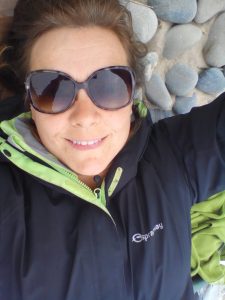 On 12th June, I will be setting off with my wonderful friend, Rai, at 6 am in the morning to complete a 24.5 mile walk over the Yorkshire Peaks of Ingleborough, Pen y Ghent and Whernside. We have 12 hours to complete the challenge and we will have to tackle 5200 feet of ascent.
On 12th June, I will be setting off with my wonderful friend, Rai, at 6 am in the morning to complete a 24.5 mile walk over the Yorkshire Peaks of Ingleborough, Pen y Ghent and Whernside. We have 12 hours to complete the challenge and we will have to tackle 5200 feet of ascent.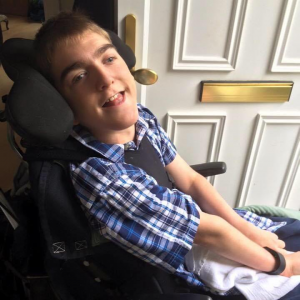 Sam Shepheard was a inspirational young man who loved life and who always greeted you with an infectious smile. He had a wonderful way of spreading his special blend of ‘Samshine’ wherever he went. Sam very sadly passed away aged 19 in 2016.
Sam Shepheard was a inspirational young man who loved life and who always greeted you with an infectious smile. He had a wonderful way of spreading his special blend of ‘Samshine’ wherever he went. Sam very sadly passed away aged 19 in 2016.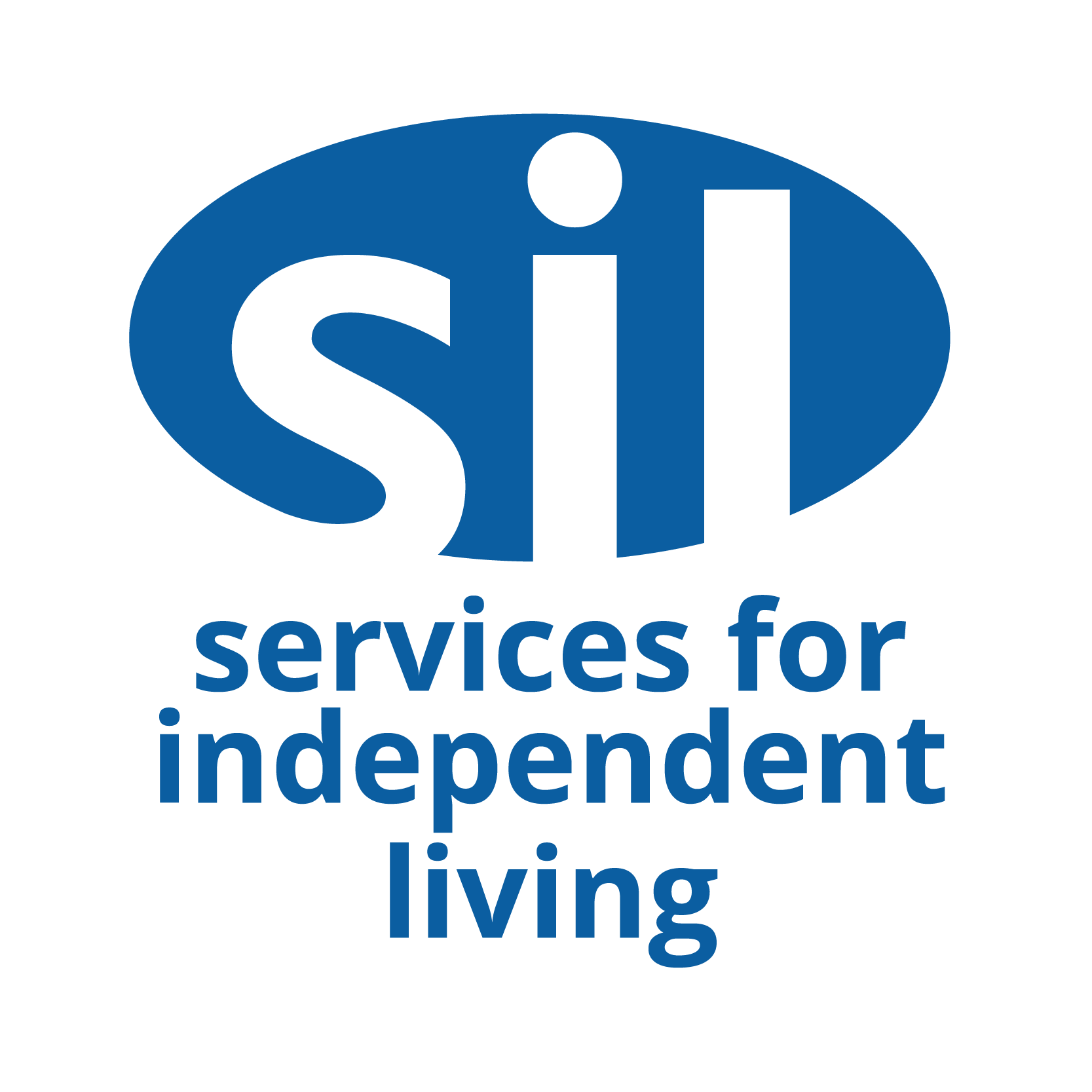
 Last year I was watching a programme about being overweight and the impact COVID-19 can have on you if you are overweight. At this point I was not exercising and eating whatever I wanted when I wanted. My BMI was obese, so looking at the impact that COVID-19 could have on me and having to young children to look after I thought I needed to do something.
Last year I was watching a programme about being overweight and the impact COVID-19 can have on you if you are overweight. At this point I was not exercising and eating whatever I wanted when I wanted. My BMI was obese, so looking at the impact that COVID-19 could have on me and having to young children to look after I thought I needed to do something.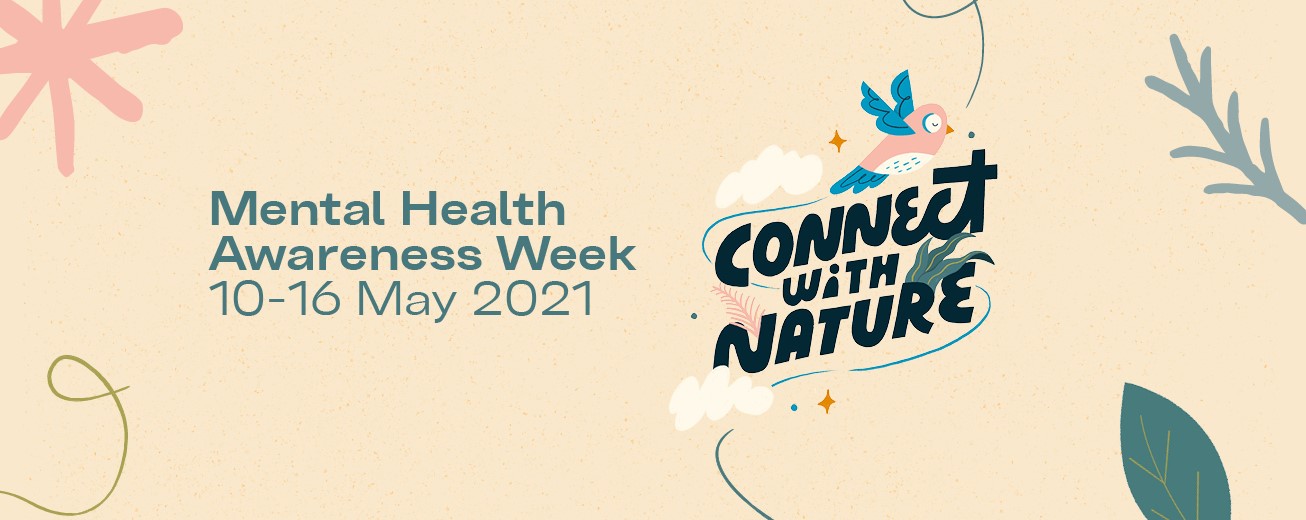
 However, underlying this adventure is the hope that between us and with the support of those who can’t be part of the challenge themselves, we can raise funds for Megan Baker House (MBH), our charity of the Year.
However, underlying this adventure is the hope that between us and with the support of those who can’t be part of the challenge themselves, we can raise funds for Megan Baker House (MBH), our charity of the Year.